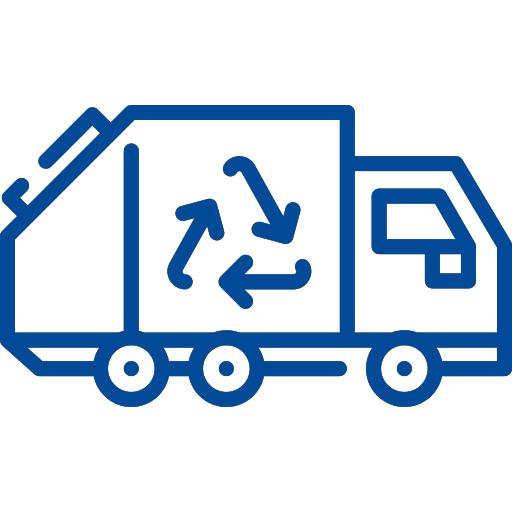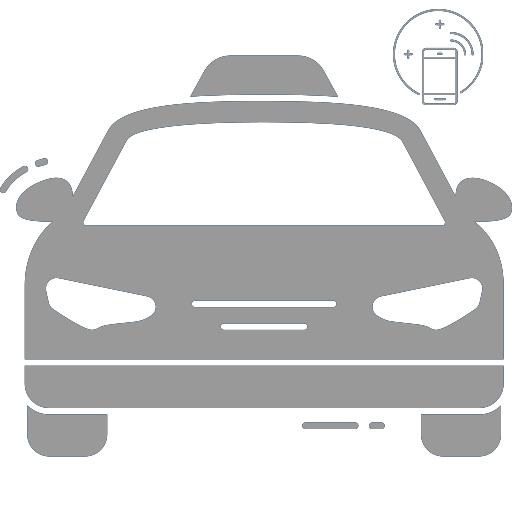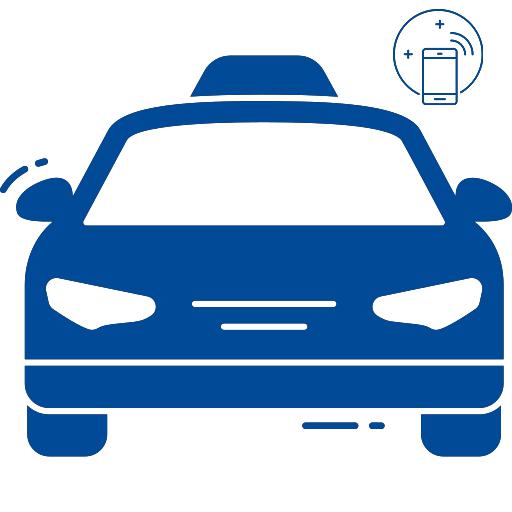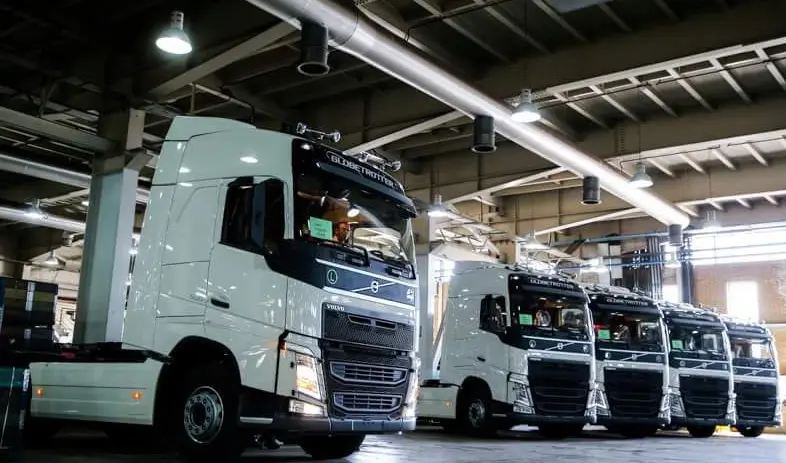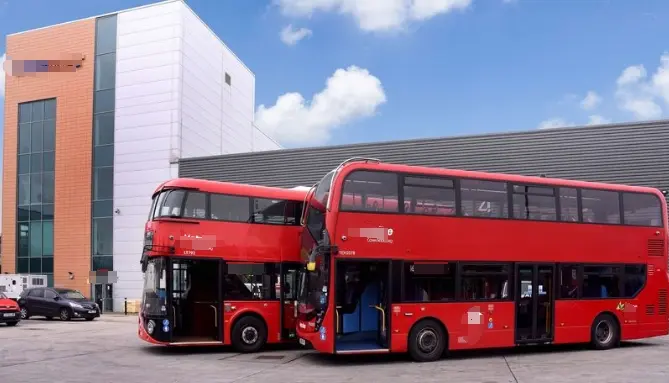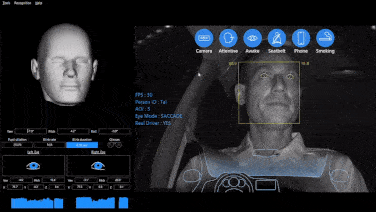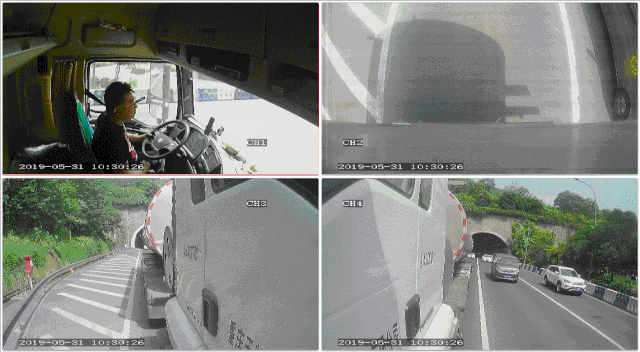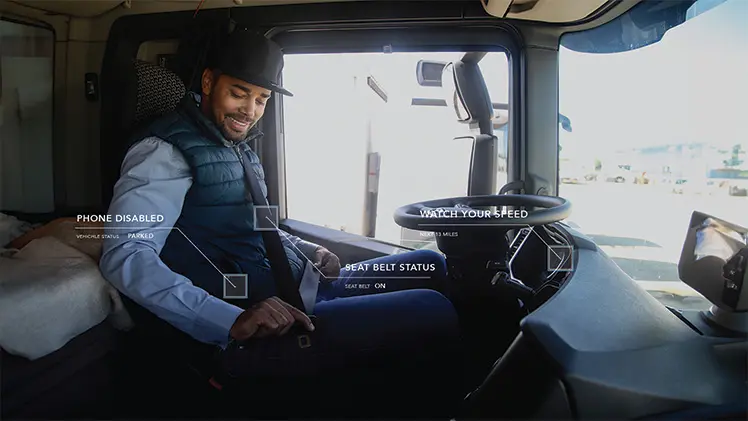Introduction to Vehicle CCTV Security Camera System
Introduction to Vehicle CCTV Security Camera System
How to Install a Vehicle CCTV System?
In today's fast-paced world, ensuring vehicle safety is crucial. One highly effective way to achieve this is by installing a vehicle CCTV system. These systems have become increasingly popular for their ability to monitor and record events inside and around vehicles. However, many people are unfamiliar with the installation process. In this article, we will provide a step-by-step guide on how to install a vehicle CCTV system, ensuring your vehicle is equipped with an extra layer of protection.
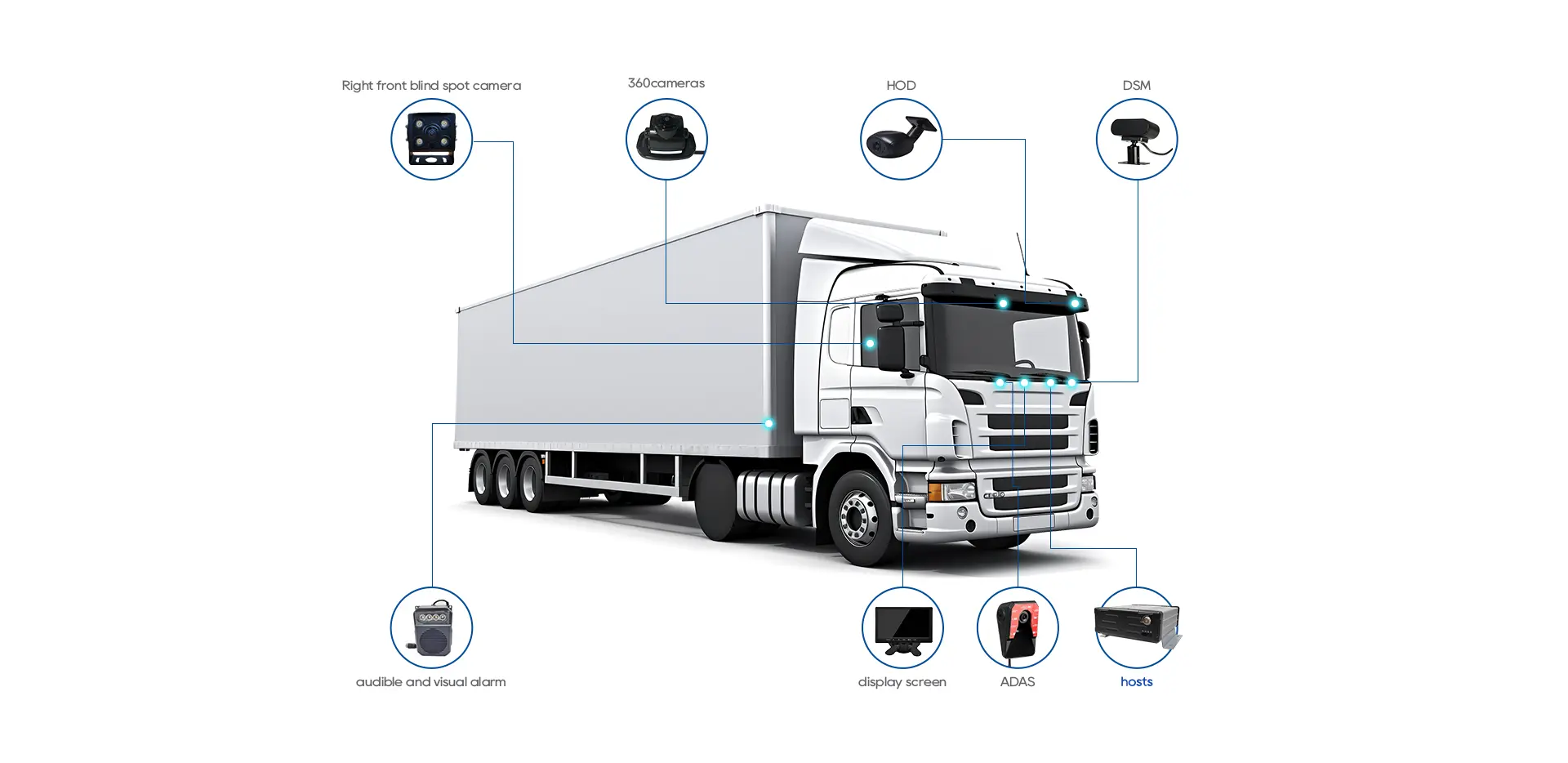
Choosing the Right Vehicle CCTV System
Before starting the installation, selecting the right vehicle CCTV system that fits your needs is essential. Consider the following factors when making your choice:
- Camera Placement
Determine where you want to install the cameras on your vehicle. Common locations include the dashboard, rearview mirror, sides, and even the passenger cabin. The choice of camera placement depends on your specific requirements and goals. Ensure that the selected locations offer a clear view of the surroundings.
- Number of Cameras
Decide how many cameras you need. Some systems come with multiple cameras, providing comprehensive coverage of both the interior and exterior of the vehicle. Assess your security needs to make an informed decision.
- Video Quality
Consider the quality of video you require. Cameras with higher resolution offer clearer footage, which is crucial for identifying details during recorded events. Thus, HD cameras are a popular choice.
- Storage Capacity
Check the system’s storage capacity. The larger the storage, the more footage the system can store. This is vital to ensure you have enough recorded data of important events.
Steps for Installing a Vehicle CCTV System
Once you've chosen the right vehicle CCTV system, you can start the installation. Here are the basic steps:
1. Camera Positioning
First, place the cameras in the chosen locations. Ensure they are securely installed and offer an unobstructed view. It's important to position them where they won't interfere with the driver’s line of sight or vehicle operation.
2. Installing the Mobile DVR
The mobile DVR unit is the heart of your vehicle CCTV system. Install it in a secure and accessible location within the vehicle. It should be placed in a well-ventilated area to prevent overheating.
3. Connecting the Cables
Carefully connect the power and video cables from each camera to the mobile DVR unit. Follow the manufacturer’s instructions closely to ensure proper connections. Many systems use a single cable that combines power and video connections for easier installation.
4. Power Supply
Make sure the mobile DVR unit is connected to a stable power source. It’s recommended to connect it to the vehicle’s electrical system to ensure uninterrupted power. Some systems come with built-in power management features to prevent draining the vehicle's battery.
5. System Configuration
After completing the physical installation, configure the vehicle CCTV system. This typically involves setting up camera angles, video quality, and any other system-specific features. You may need to install software on a computer or mobile device to access and manage the system remotely.
6. Testing the System
Before relying on the system for security or monitoring, thoroughly test it to ensure all cameras are working properly and recording as expected. Check the live view and playback functions to confirm everything is functioning correctly.
Additional Tips for Installing a Vehicle CCTV System
To make the installation process smoother, consider the following tips:
- Professional Installation: If you're unsure about the installation process, it may be wise to have the vehicle CCTV system installed by a professional. This ensures the system is set up correctly and functions optimally.
- Regular Maintenance: To keep your vehicle CCTV system in good working condition, perform regular maintenance. This includes cleaning the camera lenses, checking cable connections, and ensuring the mobile DVR unit is secure.
- Legal Considerations: Familiarize yourself with the laws and regulations regarding the use of vehicle monitoring systems in your area. Be mindful of privacy laws and obtain necessary permits if required.
- Data Management: Develop a system for managing the recorded data. Depending on the system’s storage capacity, you may need to regularly offload and store footage to prevent critical data from being overwritten.
Email:hello@yuweitek.com


















